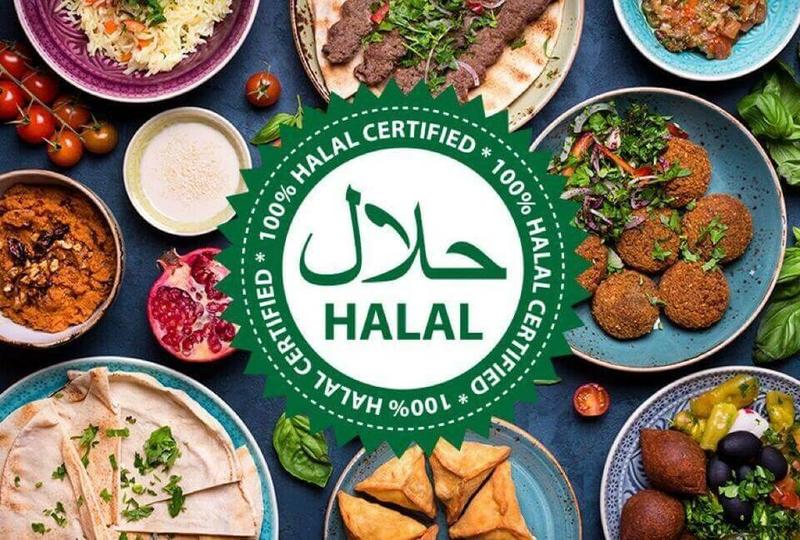
Vietnam’s tourism sector is working hard to attract more tourists from Muslim countries (Halal tourists) which is seen as a potential market for the global tourism industry.
According to the Global Muslim Travel Index (GMTI), the Halal tourism market is quite promising, with a growing demand from the 2.1 billion Muslims worldwide, constituting about 23% of the global population.
The number of international Muslim tourists was estimated to increase from 108 million in 2013 to 160 million in 2019. The figure is expected to grow 80% in 2023. The spending on tourism from this market is projected to reach up to US$341.1 billion per year by 2030.
Statistics from the Vietnam National Authority of Tourism (VNAT) under the Ministry of Culture, Sports and Tourism show that the number of tourists from Muslim countries visiting Vietnam has increased remarkably in recent years, especially travelers from India (up 240% in September this year).
Muslim tourism arrivals from Southeast Asian nations such as Singapore and Indonesia have also sharply risen.
VNAT Deputy General Director Ha Van Sieu said the Halal market offers promising opportunities for Vietnam’s tourism industry and can be a “gold mine” that could provide a significant boost to the sector.
Since the beginning of 2022, many conferences to promote investment in tourism have been organized in the Middle East region and South Asia, including those on Halal tourism, which discussed solutions to lure more Muslim travelers to Vietnam.
Some localities such as Quang Ninh, Da Nang, Quang Nam and Kien Giang have planned to welcome Muslim tourists from potential markets such as India, Malaysia, and Singapore.
India is seen as one of the key markets for Vietnam’s tourism in the coming time, VNAT Director Nguyen Trung Khanh said, noting that Vietnam will strengthen promotion activities to lure more holiday-makers from this South Asian market.
Apart from exploring the traditional Muslim tourism markets such as Malaysia, Indonesia, Singapore, and India, businesses should focus on the Middle East region, which is known for affluent tourists who are willing to spend on high-end services, Khanh said.
To lure more travelers from the Middle East, localities should pay attention to building prayer places in public areas, restaurants, hotels, and entertainment spots; as well as providing Muslim-friendly food and drinks with certification stamps, he added.
